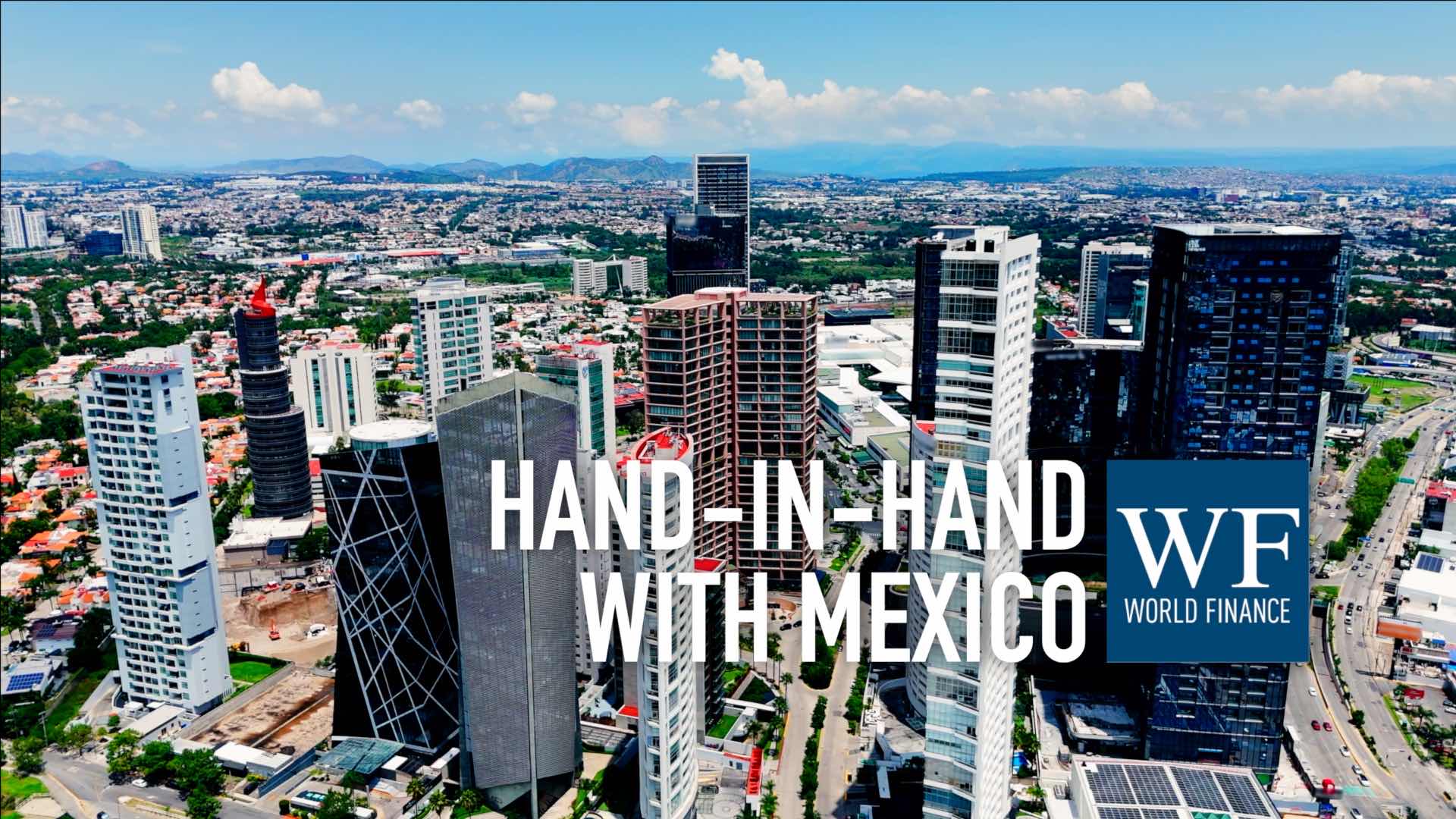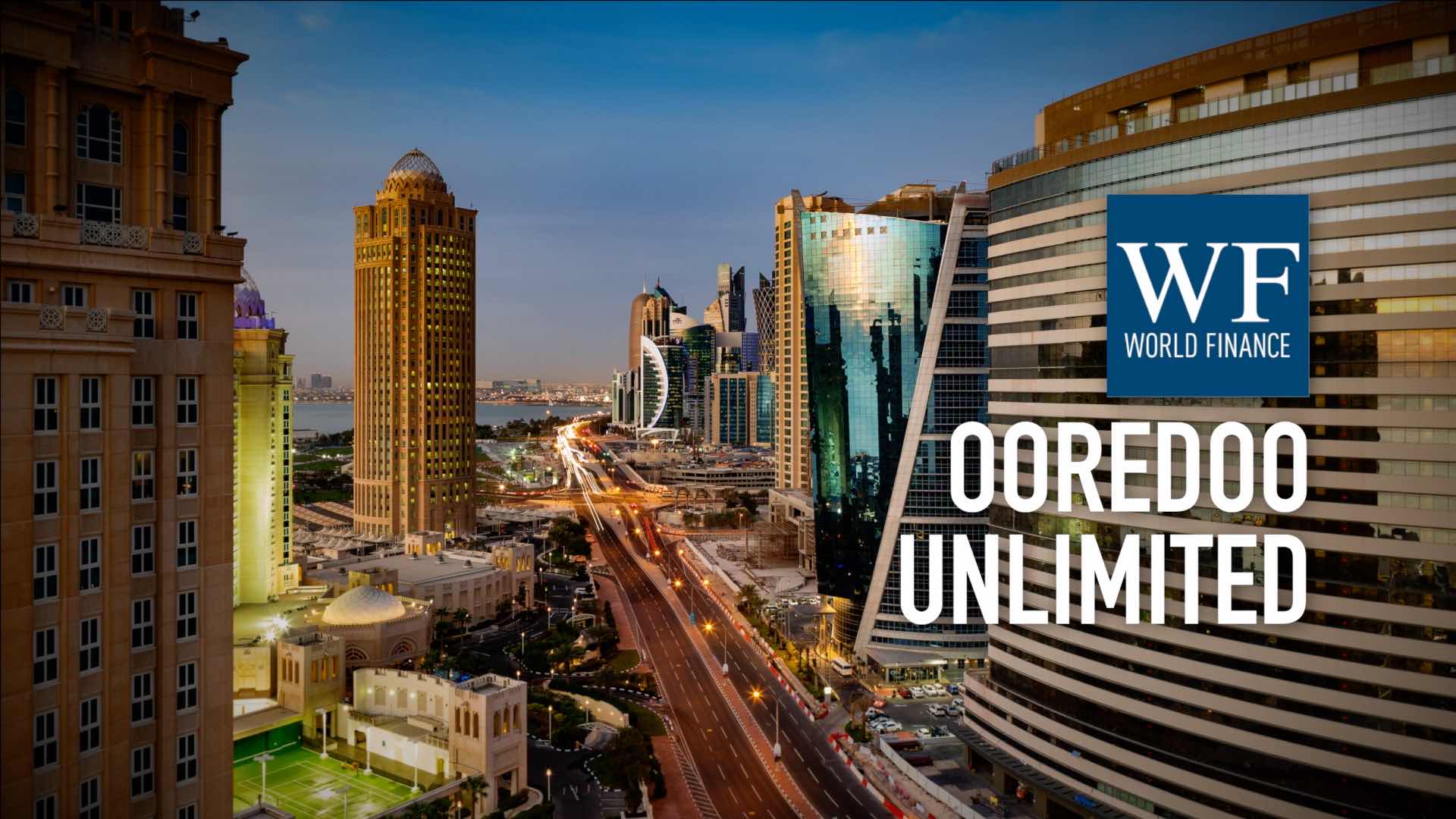Bernd van Linder on Basel III | Saudi Hollandi Bank | Video
World Finance interviews Dr Bernd Van Linder, Managing Director at Saudi Hollandi Bank, on the Saudi banking system's reactions to Basel III
Related:
Transcript
Saudi Hollandi Bank, the first operating bank in the Kingdom of Saudi Arabia, was founded in 1926 under the name ‘The Netherlands Trading Society’. Since then it has expanded dramatically, and as of March 2012 its paid-up capital has reached SAR 3,969 million. Discussing the evolving economy of Saudi Arabia and some key developments in the region is Dr Bernd van Linder, Managing Director of Saudi Hollandi Bank.
World Finance: How has the economic growth impacted the Saudi banking landscape?
Dr Bernd van Linder: The Kingdom of Saudi Arabia has seen some very strong economic growth over the last couple of years. Non-oil GDP growth has ranged from 5-7 percent, and is forecasted to grow at least at the pace of 7 percent in the coming years as well. This GDP growth is evenly spread across many sectors. We’ve seen growth driven by investments made by the government in all kinds of projects. As well as the private sector, we’ve seen corporates expanding their production capabilities, but we’ve also seen very good growth in the retail sector. The Saudi middle class is expanding, Saudi employment is expanding, and this has resulted in a demand for all kinds of products on the retail side. Last but not least, the government as well as the private sector, including Saudi Hollandi Bank, has a very strong focus on the development on the SME sector. Small-Medium Enterprises are seen as a main creator of jobs, as a main engine of economic growth, and as a great focus from all parties involved in further developing the sector.
“The competition between the 12 domestic banks has always been very fierce”
World Finance: With per capita income on the rise, will the retail sector dominate the competition between banks?
Dr Bernd van Linder: The competition between the 12 domestic banks has always been very fierce, especially on the retail side. With an increased per capita income as you said, with an expansion of the Saudi middle class, that competition will only increase. Ultimately competition will be decided on the basis of who is able to provide best customer service, across all the channels. My firm belief is that the bank that’s able to serve its customer best across all channels, branches, mobile banking, internet banking, is the one that will do best amidst this fierce competition.
World Finance: So, to what extent do Saudi corporations understand the benefits of issuing debt versus equity, and how can the uptake of these instruments be developed?
Dr Bernd van Linder: When you look at debt capital markets, there are three elements that need to be in place for these markets to grow; you need good issuers, you need interest and investors, and you need strong support of regulation and legislation. Over the last years we have seen a good increase in the number of blue chip Saudi corporates that have been issuing debt, ranging from Olayan the big conglomerate, to Tasnee one of the top petrochemical companies in the world, all of them have accessed the debt capital market in a Shariah compliant form. On the investor side, the growth of the insurance industry and the growth of specialised funds, mutual funds, has helped create a good investment base as well. The last element has been in place for a number of years in the Kingdom of Saudi Arabia, we have a very supportive regulator in the central bank, SAMA the Saudi Monetary Agency, as well as the capital markets authority, both of them are very supportive of further growth in the capital markets. So as of today, all of the elements are in place, investors, issuers, as well as strong support of regulation for further growth of the debt capital markets in the Kingdom of Saudi Arabia.
“The effect of Basel III should be minimal on the Saudi Banks”
World Finance: Now looking at the Basel III accords, how will they affect the ability of banks to offer new products and services?
Dr Bernd van Linder: The effect should be minimal on the Saudi Banks. When you look at a regulation that has been put in place by SAMA, the Saudi Monetary Agency, in principal it’s very similar to what Basel III is trying to achieve. So SAMA has always had a strong focus on high levels of capital, good quality capital, and good liquidity positions. When you look at the Saudi banks, all of them without exception have high capital ratios, very low leverage ratios, very strong liquidity positions, so in essence the Saudi banks are used to operating under a regulatory regime which is very similar to Basel III already.
World Finance: In the context of the international Islamic finance sector, how do you assess the role of Saudi banks when compared to your Asian counterparts?
Dr Bernd van Linder: Some of the world’s biggest Islamic institutions are headquartered in the Kingdom of Saudi Arabia, the biggest Islamic bank is a bank headquartered in Riyadh. In the Kingdom of Saudi Arabia, Islamic finance has developed as a result of customer demand. Our customers demand us to provide fully Shariah compliant solutions. Both on the retail as well as on the corporate side. As it is driven by customer demand, and as banks are ultimately in the business of meeting the demands of their customers, this development will only continue.
“All of the banks have invested in their product development capabilities”
World Finance: And finally, how are banks responding to growth in Islamic banking in terms of product development?
Dr Bernd van Linder: Islamic banking in The Kingdom of Saudi Arabia is driven by customer demands, so if customers demand certain products to be available in a Shariah compliant form, banks will make sure that they are available. All of the banks have invested in their product development capabilities, and their structuring capabilities, and what we have today is essentially a full range a complete range, of Shariah compliant products. Whatever product is available in a conventional product form is now available in a Shariah compliant form as well, all driven by customer demand.
World Finance: Bernd, thank you
Dr Bernd van Linder: Thank you Nick.

 Banorte: Growing together, growing with Mexico, growing with you
Banorte: Growing together, growing with Mexico, growing with you Ooredoo Group: Innovation, integrity and social responsibility mean ‘the sky is the limit’
Ooredoo Group: Innovation, integrity and social responsibility mean ‘the sky is the limit’
